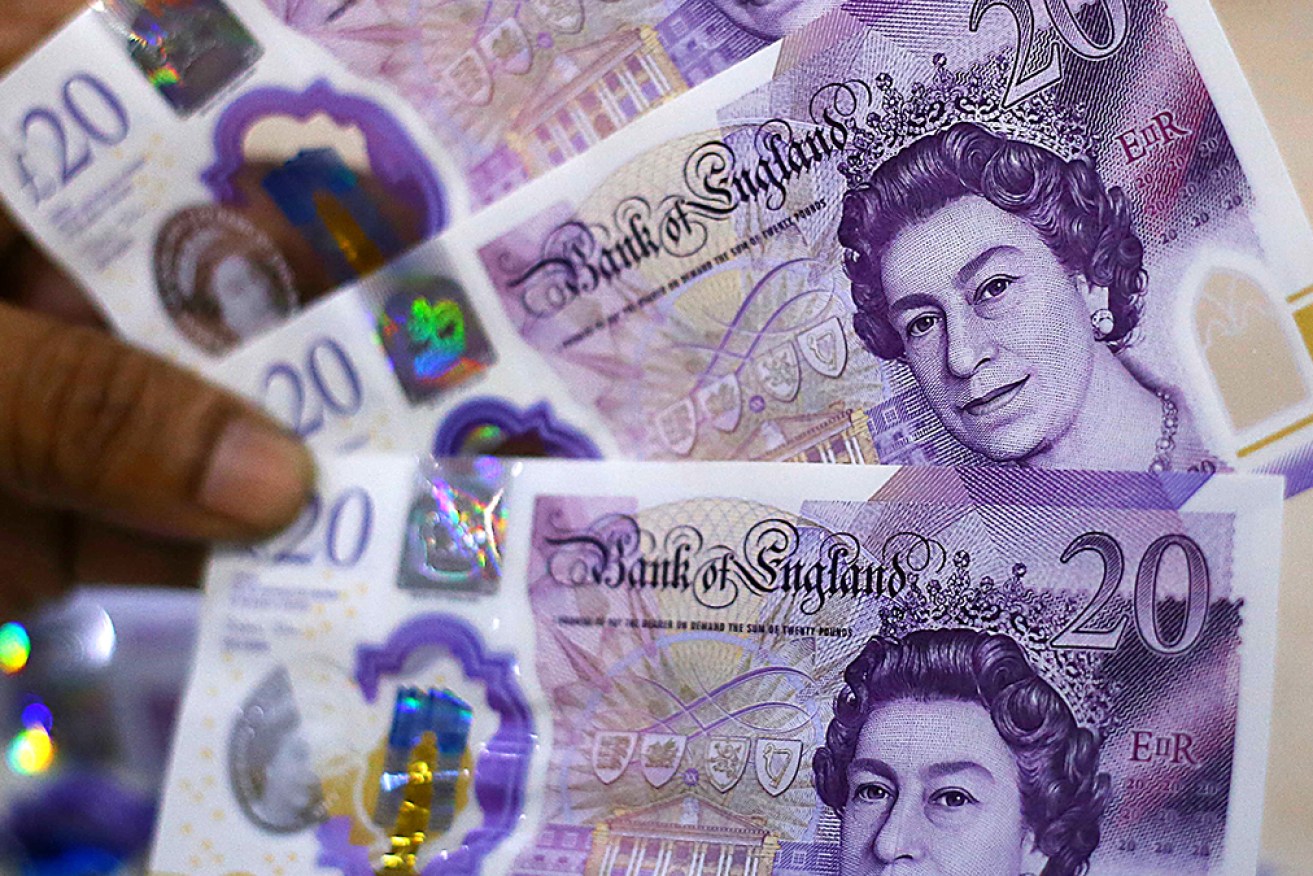Bank of England lifts interest rates to 15-year high of 5.2 per cent

The Bank of England has raised interest rates for a 14th consecutive time. Photo: EPA
The Bank of England has raised its main interest rate to a fresh 15-year high and kept the door open to further increases as it tries to bring down persistently high inflation.
The quarter-percentage-point increase to 5.2 per cent, which was widely anticipated by economists, was the central bank’s 14th hike in a row.
There had been fears, certainly among hard-pressed households and businesses, that the bank would repeat its outsized half-point increase from June.
But figures last month showing that inflation fell more than anticipated to 7.9 per cent eased the pressure to act as aggressively again.
With inflation four times the bank’s two per cent target, the bank is expected to raise interest rates again in the coming months.
Economists said the interest rate outlook would depend largely on how fast inflation comes down.
Higher interest rates help dampen inflation but also economic growth by making it more expensive for consumers and businesses to borrow to buy homes, cars or equipment.
Central banks around the world have been raising borrowing costs to combat inflation unleashed by higher energy prices after Russia invaded Ukraine and supply chain backups as the global economy recovered from the COVID-19 pandemic.
The US Federal Reserve and the European Central Bank raised rates last week, but they are thought to be nearer to taking a pause because inflation has come down more sharply than in the UK.
Price spikes have eased to three per cent in the US and 5.3 per cent across the 20 countries that use the euro currency.
It’s been a particularly painful time for UK households whose mortgage rates or rents have skyrocketed while they struggle to make ends meet during a cost-of-living crisis.
For many, the pain has yet to hit.
Unlike in the US, most home owners in Britain lock in mortgage rates for only a few years, so those whose deals expire soon face the prospect of much higher borrowing costs.
About 2.5 million such deals are due to expire by the end of next year, with about a million households facing a $980 monthly increase in their mortgage repayments by 2026, according to Bank of England governor Andrew Bailey.
“As a result, pass-through of the recent interest rate rises to outstanding mortgages has been limited so far,” said Michael Saunders, senior economic adviser at Oxford Economics and a former rate-setter at the Bank of England.
-Reuters








